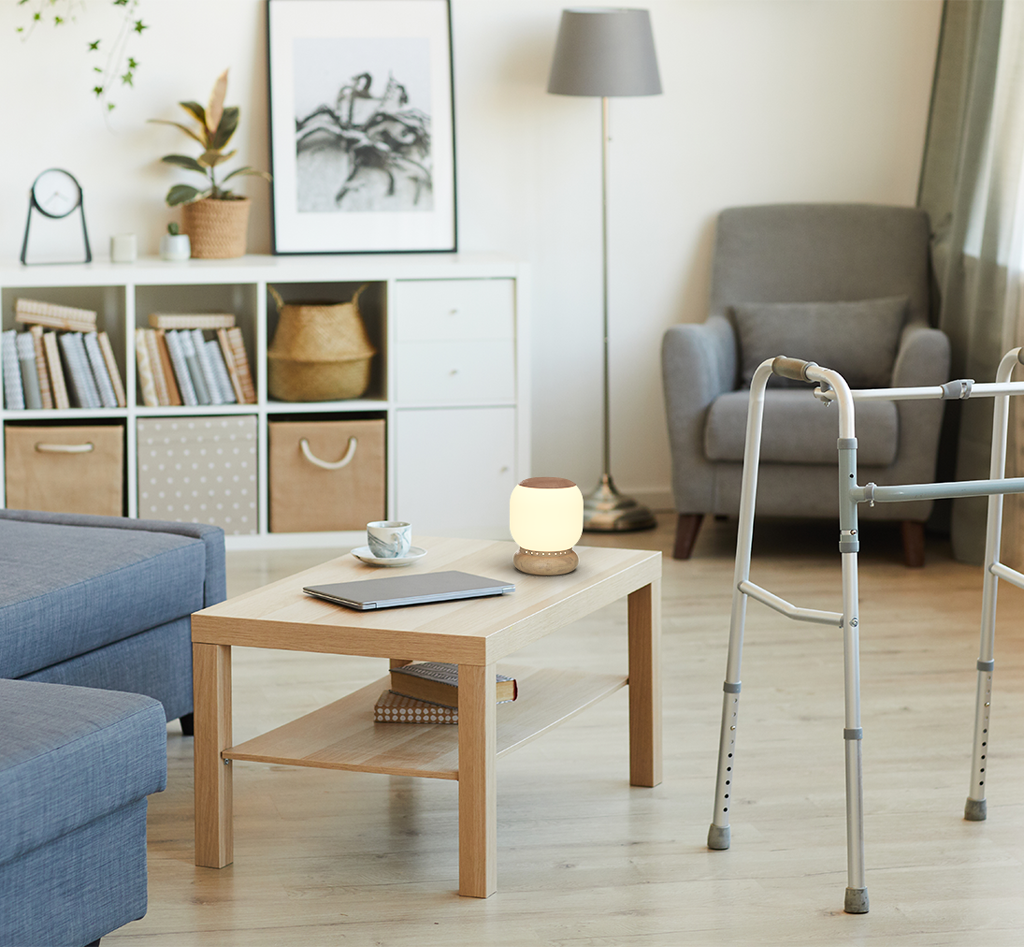Loneliness amongst older adults has increasingly become a major health concern. It has been found to promote depression, impaired cognitive performance, and dementia progression. It is also associated with poorer health practices, such as alcohol use and smoking, as well as poor nutrition and lack of physical activity. Therefore, late-life loneliness is increasingly recognised as a health problem with 9% of older adults in the Netherlands being very and 53% being moderately lonely, which is predicted to increase in the future. To counter this trend, this project employed a variety of methods to co-design products and services with older adults. This demonstrates the use of participatory design approaches, coming to a solution that is tailored to their needs and wishes and free from prejudice caused by ageism.
Constraints caused by COVID-19 meant that traditional co-design activities that require being physically present were not possible without endangering the health and safety of older adults. This led to re-evaluation of the situation and rapid innovation and adaptation to novel co-design methods, such as co-designing remotely. This resulted in a collaboration with a local newspaper employing principles of co-design fiction. Older adults were encouraged to come up with solutions formulated in terms of design fiction.
After two weeks, 71 responses were collected from people aged 36 – 91 years and results indicated three main causes for loneliness: shame, prejudice, and loss. These elements can lead to an identity crisis which causes older adults to self-sabotage into choices that fuel loneliness. Confidence is an important factor, so to enhance confidence in older adults, the care and love of dear ones is amplified through the implementation of an awareness system – a presence light that allows for micro-interactions throughout the day, called ibilight.
Many products that are developed for older adults are based on assumptions rather than real findings. The team wanted to give older adults a voice to express what they feel and dream, so they can come up with a solution that is actually tailored to their needs and wishes. While COVID-19 silenced their voices because the researchers could not reach out to them anymore in a traditional sense, they took the initiative to come up with new ways that empowered older adults and gave them a voice to tell their personal story through a collaboration with the newspaper.
The awareness system works without any words. The users develop a unique language to show each other that they care by interacting through the ibilight.



